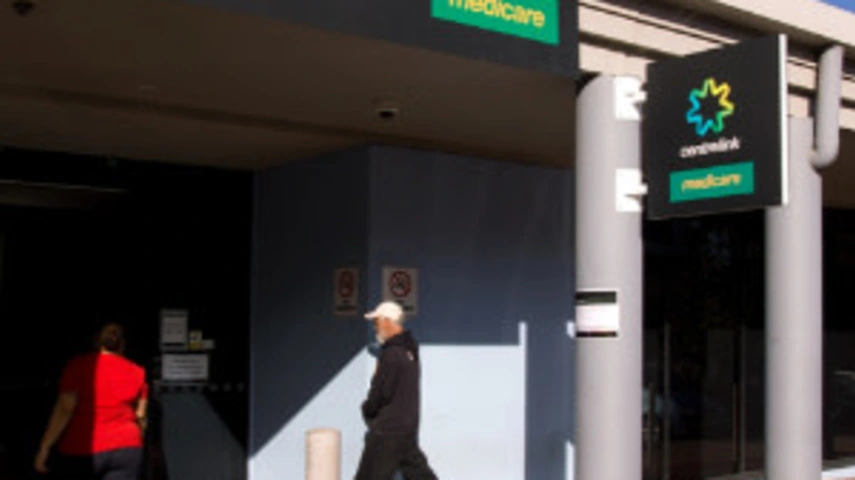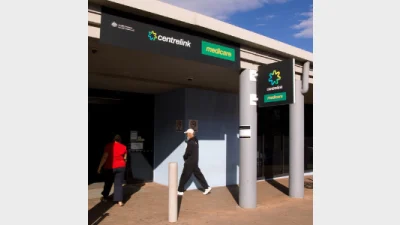JobKeeper measures a ‘game changer’: Westpac



Westpac has revised downwards its expectations for unemployment from 11% to 9% in light of the newly-unveiled JobKeeper proposals, which it said was a ‘game changer’ measure.
Last month, chief economist Bill Evans said he expected unemployment would be 11% but, this month, he said the JobKeeper payments (JKP) would be helpful for moderating the unemployment rate.
Without the payment, the unemployment rate could increase to 17% in June, but thanks to the subsidy, it was now likely to peak at 9% instead. This would be the equivalent of a loss of 500,000 jobs up to the June quarter followed by a jobs recovery of around 350,000.
“The JKP has been a game changer for employment and the unemployment rate. It aims to keep workers connected with their employer by subsidising eligible employers with $1500 per fortnight to supplement their employees’ wages,” he said.
“Compared to the peak forecast rate of 17% unemployment in June without the JKP we expect the rate will peak at 9% in June and subsequently fall to around 7% (compared to 9%) by end December.
“The bold $130 billion JKP initiative will impact the Federal Government’s finances. For 2019/20 we anticipate a budget deficit of $100 billion (5% of gross domestic product (GDP)), including $60 billion in stimulus policies and a $40 billion cyclical deficit. In 2020/21, the Federal budget deficit widens to $210 billion (10.5% of GDP), including about $130 billion (6.5% of GDP) in stimulus policies and $80 billion (4% of GDP) in cyclical deficit.”
The increased shutdowns and social distancing policies were having a “severe impact” on industries such as retail, accommodation, restaurants, transport, recreation and real estate. There would also be impacts on manufacturing, construction and distribution.
The industries most likely to benefit from the JKP would be retail and wholesale trade, accommodation and food services and arts and recreation services where 80% of the sectors would be eligible.
On the flipside, health, Government and telecommunications would all see an uplift in employment and output.
Recommended for you
The RBA has handed down its much-anticipated rate decision, following widespread expectations of a close call.
Two national advice businesses have merged to form a leading holistic advice business with $2.5 billion in funds under management.
Insignia Financial has completed its transition of a range of administration and technology functions to SS&C Technologies as it seeks to be a leading wealth manager by 2030.
ASIC has permanently banned a financial adviser after he allegedly concealed information from clients and misused client funds, among other breaches.















